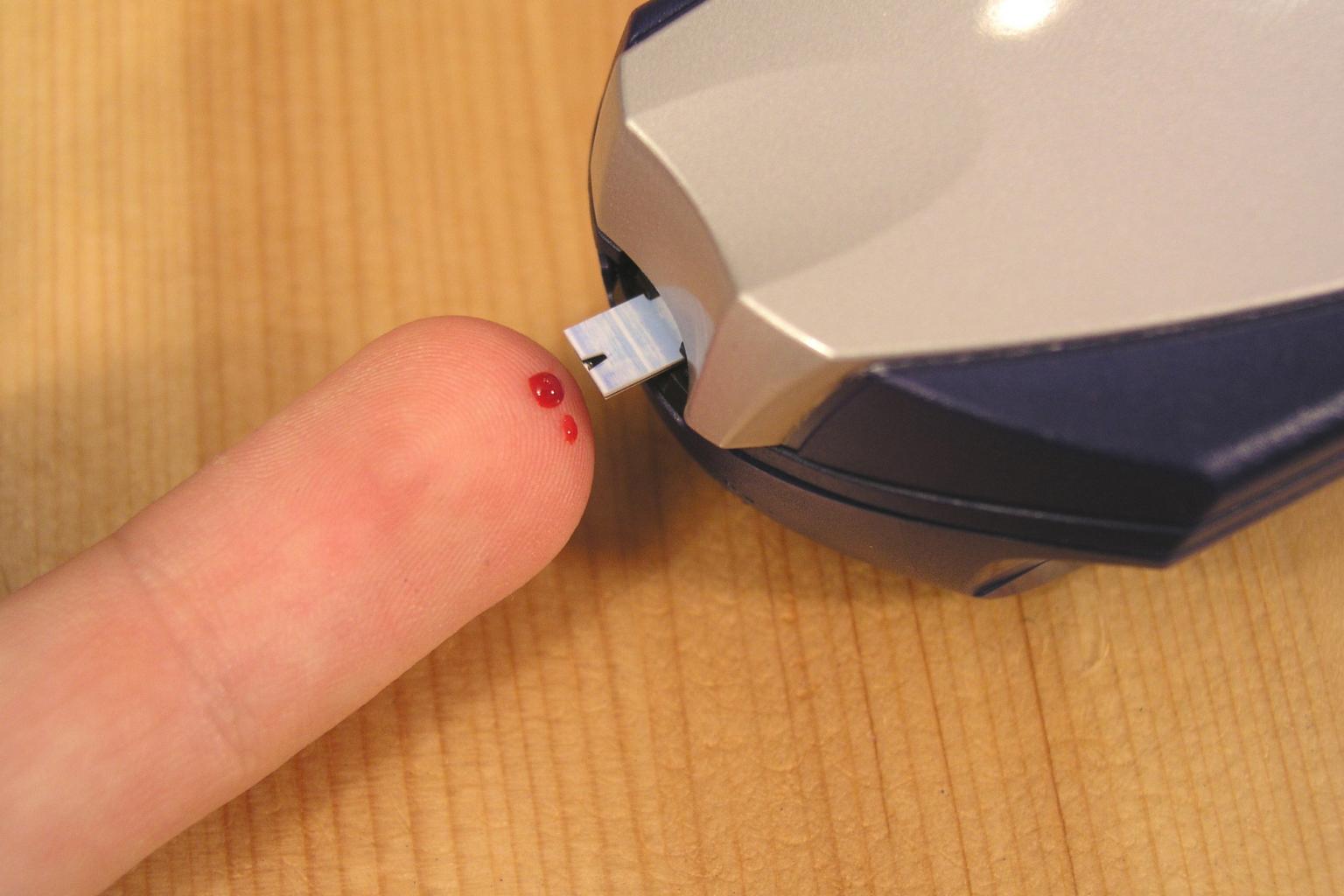Why are Singaporeans so prone to diabetes? They can't produce enough insulin
Sign up now: Get ST's newsletters delivered to your inbox

About 400,000 Singaporeans are diabetic and one in three has a lifetime risk of developing the disease.
PHOTO: FREEIMAGES
SINGAPORE - Local researchers now have a clue as to why Asians are more prone to Type 2 diabetes than their Western counterparts: Their bodies often do not produce enough insulin, causing sugar to build up in the bloodstream and a host of accompanying health issues, ranging from fatigue to wounds which do not heal and infections.
The breakthrough finding, based on a study of 140 participants, mostly Chinese, will pave the way for better diabetes management for people here and in the region, including tailored dietary advice and better selection of drugs to treat diabetes, doctors believe.
However, they noted that more participants of other races such as Malays and Indians will be needed to be sure that the results can be applied to the general population.
The findings are critical as Singapore is second only to the United States in having the highest incidence of diabetes among developed nations.
About 400,000 Singaporeans are diabetic and one in three has a lifetime risk of developing the disease.
And if nothing is done, the number of diabetics under age 70 is expected to rise to 670,000 by 2030 and one million by 2050.
Said Dr Toh Sue-Anne, principal investigator of the study: "Even with a small group of study participants, the results were significant enough that we were able to clearly identify the biological characteristics that may predispose Singaporeans to developing diabetes, and we think that this study can help us to define what makes Asian diabetics different from Caucasians.
"These early findings may suggest that Asians develop diabetes at much lower levels of obesity because they are unable to mount an appropriate insulin response to a glucose load. So it can potentially explain why we seem to see so much of diabetes even if we don't look particularly obese or overweight."
It has long been known that people develop Type 2 diabetes either because the pancreas does not produce enough insulin, or because the body does not respond to insulin effectively (insulin resistance).
Insulin resistance is associated with weight gain - a person becomes more resistant to insulin as he gains more weight.
But for the first time, the preliminary findings from Singapore's largest diabetes study show that the main problem in pre-diabetic Asians - those with borderline sugar levels approaching that of diabetics - is their reduced ability to secrete insulin in response to a glucose load, rather than insulin resistance.
-
Call for volunteers:
Those interested in taking part in the study can contact the research team at brite_spot@nuhs.edu.sg or call 8781-6302/8781-6303.
Participants must fit the following criteria:
Participants must fit the following criteria:
- 30 to 70 years old
- No known history of diabetes or other chronic diseases requiring long-term medication
- Normal blood sugar level or pre-diabetics (borderline high blood sugar approaching diabetic range)
- No uncontrolled hypertension (blood pressure more than 160/100mmHg)
- No known allergies to insulin
- Not on regular medication
The five-year, ongoing study, launched in 2016, is called Assessing Progression to Type 2 Diabetes, or APT-2D. It is led by the National University Hospital (NUH) in collaboration with Janssen Pharmaceuticals, and has so far recruited around 1,300 participants, most of whom are Chinese. The team aims to eventually sign up 2,300 participants.
The work was conducted by assessing participants with pre-diabetes and healthy volunteers.
The difference in insulin resistance between the two groups was insignificant, but when it came to producing the hormone insulin, healthy volunteers a vastly greater ability to secrete insulin than pre-diabetics.
According to a previous study, 8 per cent of people of Chinese descent with a Body Mass Index of 23 (which means they are just outside the healthy weight range) have diabetes, four times more than their European counterparts. A BMI of 23 is considered normal for Caucasians because they tend to have less body fat.
Dr Toh, who is also senior consultant at the NUH division of endocrinology said that the findings underscored the importance of avoiding food that releases high amounts of glucose when broken down by the body, such as those rich in simple carbohydrates.
Eating large quantities of such foods, which include white rice and sugar, for instance, may further stress the pancreas, which produces insulin, and accelerate the decline in its ability to make insulin to maintain normal glucose levels, hastening the onset of diabetes, she said.
If the findings are conclusive at the end of the full study, they could lay the foundation for efforts to test whether therapies that target insulin secretion and the ability to make more insulin could be more effective in the local population, she added.


